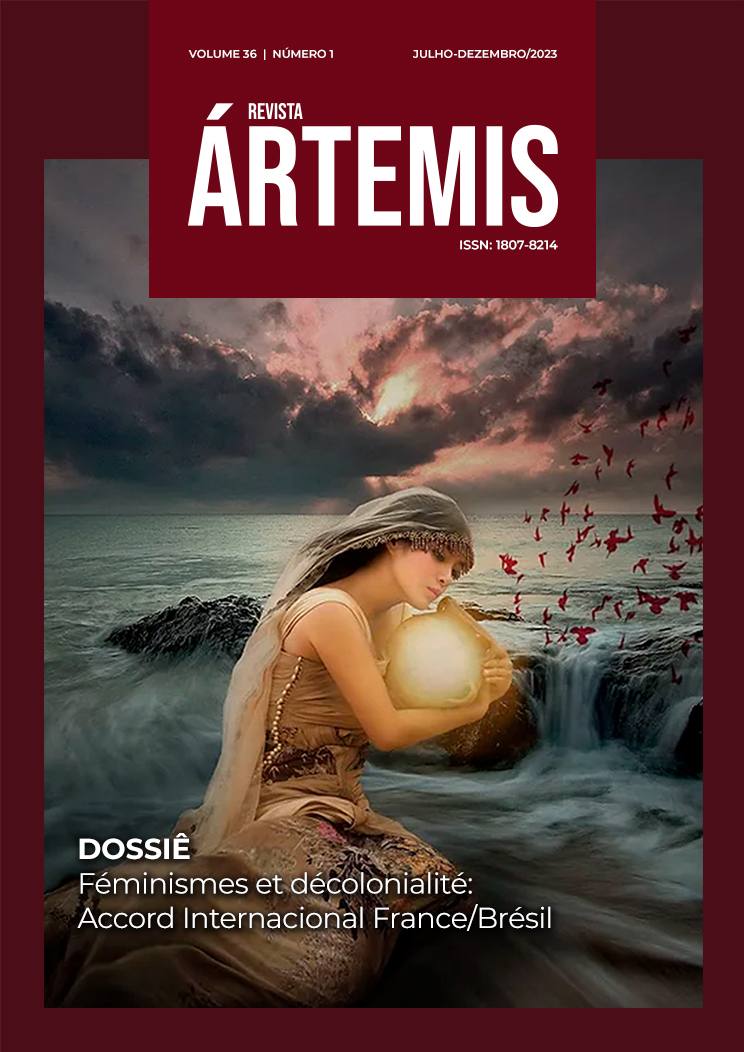Researching otherwise: (re)envisioning research practices in light of new materialist and post-structuralist feminisms
DOI:
https://doi.org/10.22478/ufpb.1807-8214.2023v36n1.67400Keywords:
Methodology, Epistemology, Poststructuralism, New materialism, Post qualitative inquiryAbstract
This essay intends to contribute to the current debates on the need to (re)think the usual concepts and practices of the so-called “conventional humanist qualitative methodology” in the light of the epistemological and ontological foundations of feminist contributions informed by poststructuralist, posthumanist, and new materialist theories, named here, following St. Pierre (2018), as “post theories”. I seek, at first, to briefly revisit the process of destabilization of the modern triad Subject-Language-Object, heightened by the emergence of post-structuralism and theoretical positions associated with the so-called “ontological turn” underway in the human and social sciences. Then, against the backdrop of a sociological investigative effort theoretically informed by the articulation of new materialist and post-structuralist feminist perspectives, I critically approach the method of interviews, in order to propose alternative ways of conceiving the nature of the relationships established between “accounts” and “experience”. I also present the method of diffractive reading, arguing that it characterizes an innovative analytical procedure aligned with the epistemological and ontological commitments of studies based on “post theories”. Finally, I defend, in line with recent debates on the possibilities of “post-qualitative inquiry”, the need for social scientists to accept the pressing task of “thinking otherwise” (FOUCAULT, 1984) their usual research practices in the light of the challenges posed by contemporary political-theoretical edifices.







